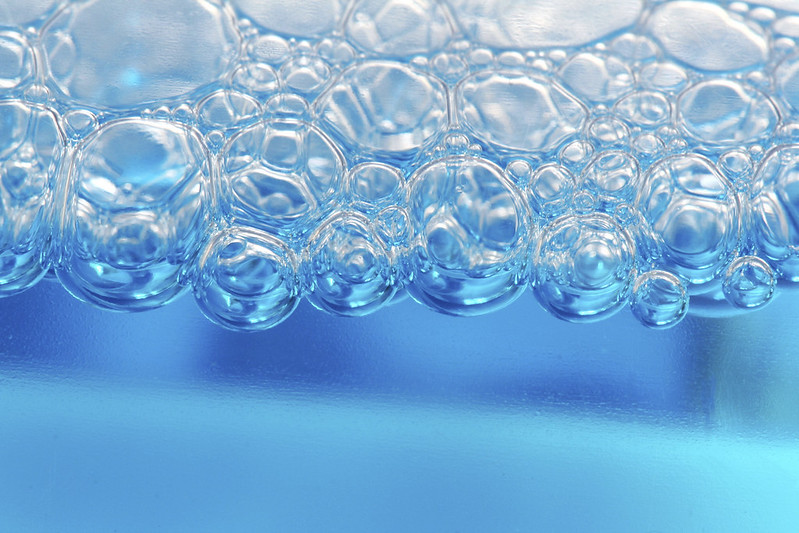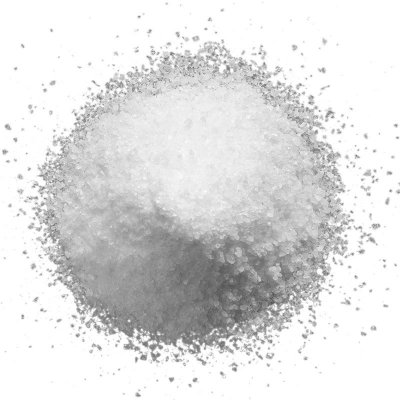How Defoamers Are Used to Prevent Foam in Food and Beverage Production
How Defoamers Are Used to Prevent Foam in Food and Beverage Production
Blog Article
The Function of Defoamers in Enhancing Item High Quality and Performance
Defoamers offer as necessary additives that reduce this issue, ensuring smoother production process while improving the visual and functional features of the last products. The selection of the appropriate defoamer can be crucial to achieving ideal outcomes, increasing essential concerns concerning formulation compatibility and efficiency metrics that merit further expedition.
Comprehending Defoamers
Recognizing the role of defoamers is vital for maintaining product quality across different sectors. Defoamers are chemical ingredients created to prevent the development and decrease of foam in fluid systems, which can adversely affect processes such as blending, filling up, and surface area tension. Frothing can cause inefficiencies, product flaws, and endangered visual charm, making defoamers a critical component in making operations.
In industrial applications, defoamers help to enhance item consistency and stability. For instance, in the paint and finishes market, foam can conflict with the application process and the final coating. In food and beverage production, extreme foam can impede bottling and product packaging effectiveness. The reliable usage of defoamers not only makes certain smoother production processes however also adds to exceptional item performance.
Moreover, the choice and formulation of a defoamer need to align with certain application needs, such as compatibility with various other ingredients, effectiveness under varying temperature and pH conditions, and possible regulative constraints. Eventually, understanding defoamers' functions and their relevance in numerous solutions is essential for maximizing manufacturing and making certain the best output.
Kinds of Defoamers
Defoamers can be categorized right into several kinds based upon their make-up and device of action. The main types include silicone-based, non-silicone natural, and not natural defoamers.
Silicone-based defoamers are among the most efficient, largely because of their capability to spread promptly on the fluid surface and interrupt foam formation. Their distinct chemical structure permits exceptional security, making them ideal for high-temperature applications and settings with differing pH degrees.
Non-silicone natural defoamers, frequently made up of fatty acids or all-natural oils, are valued for their biodegradability and reduced toxicity. These are typically used in food and beverage applications where safety and environmental effect are paramount.
Not natural defoamers, that include materials like talc or calcium carbonate, act by raising the density of the fluid, thus minimizing foam security. They are usually utilized in commercial processes where compatibility with other products is not a problem.
Each type of defoamer has distinct advantages and constraints, permitting for customized options relying on the details lathering problems run into in different applications. Comprehending these distinctions is essential for enhancing performance and accomplishing desired item high quality.
Applications Across Industries
Countless industries leverage defoamers to improve product top quality and functional performance. In the food and beverage field, defoamers are essential in procedures such as brewing and dairy products manufacturing to stop foam formation, which can bring about inadequacies and product disparity. By regulating foam, manufacturers can ensure far better yield and an extra consistent product.
In the pharmaceutical sector, defoamers play an important duty in the solution of liquid medicines, where extreme foam can restrain blending and exact application. Their use assists keep the honesty of the formulations and promotes smoother manufacturing processes.
The paint and finishes industry additionally depends on defoamers to enhance the performance of products during application. By minimizing foam, these additives make sure a smoother coating and improve the aesthetic qualities of the final product.

Advantages of Using Defoamers
While the application of defoamers varies across sectors, their benefits consistently boost product high quality and process effectiveness. One significant benefit is the decrease of foam development during manufacturing procedures, which can or else cause manufacturing delays and inconsistencies in product quality. By minimizing foam, defoamers enable a smoother flow of materials, helping with more reliable procedures and lowering the likelihood of tools breakdowns.
Furthermore, the usage of defoamers can improve the look and structure of end products. In fields such as finishes, paints, and food handling, excessive foam can jeopardize the aesthetic appearances and general quality, while the proper defoamer application ensures a consistent finish and preferable characteristics. Furthermore, defoamers can add to set you back financial savings by reducing waste throughout manufacturing and optimizing making use of resources (defoamers).

Choosing the Right Defoamer
Choosing the appropriate defoamer is important for enhancing manufacturing procedures and click this making sure item navigate to this website high quality. The option of defoamer affects not just the performance of foam control yet additionally the general efficiency attributes of the end product. Aspects to take into consideration include the sort of application, the chemistry of the formula, and the environmental problems under which the product will be made use of.
Various industries might call for specific defoamer kinds, such as silicone-based, organic, or polymeric defoamers. Recognizing the compatibility of the defoamer with the key ingredients is vital to stay clear of adverse responses that could endanger product integrity. Furthermore, the defoamer's performance in different temperatures and pH degrees must be evaluated to ensure constant performance.
Evaluating the defoamer in small applications can provide valuable insights into its performance and viability. Consideration of regulative conformity, particularly in food, pharmaceuticals, and cosmetics, is paramount in selecting a defoamer. Eventually, an extensive evaluation of these factors will cause the choice of a defoamer that not just controls foam efficiently however additionally enhances the high quality and efficiency of the end product.
Conclusion

In conclusion, defoamers are vital additives that substantially improve product high quality and performance across different markets. By properly reducing foam formation, these representatives not just improve operational efficiency yet likewise add to the visual and practical stability of products. The calculated choice and application of defoamers lead to cost savings, enhanced resource use, and raised consumer contentment. On the whole, the value of defoamers in industrial processes can not be overstated, as they play an essential role in achieving constant and top quality outcomes.
Foaming can lead to inefficiencies, item issues, and jeopardized visual charm, making defoamers a critical component in producing operations.

Report this page